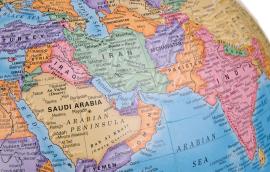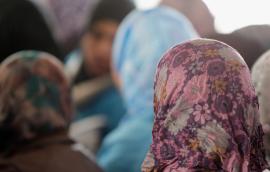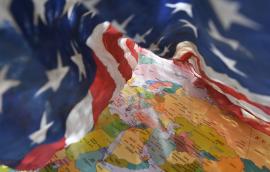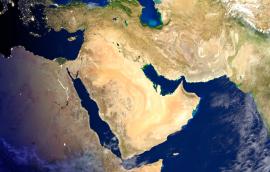Edward P. Djerejian Center for the Middle East | Women’s Rights, Human Rights, and Refugees | Commentary
Politics as Usual: Boycott Makes No Difference for Bahrain's Female Candidates Whether out of strategic calculations or due to attitude towards women, the outcome is the same: female candidates often do not follow the party route to political office in Bahrain.
Gail Buttorf, Bozena Welborne November 17, 2014






